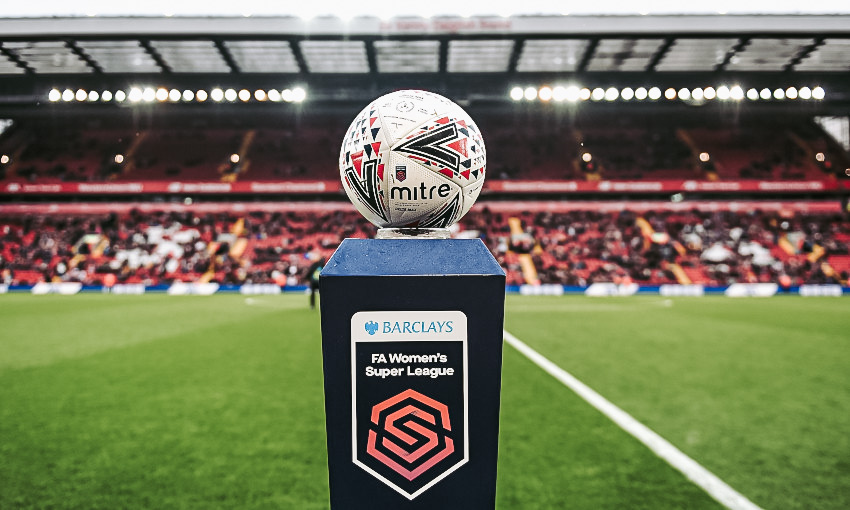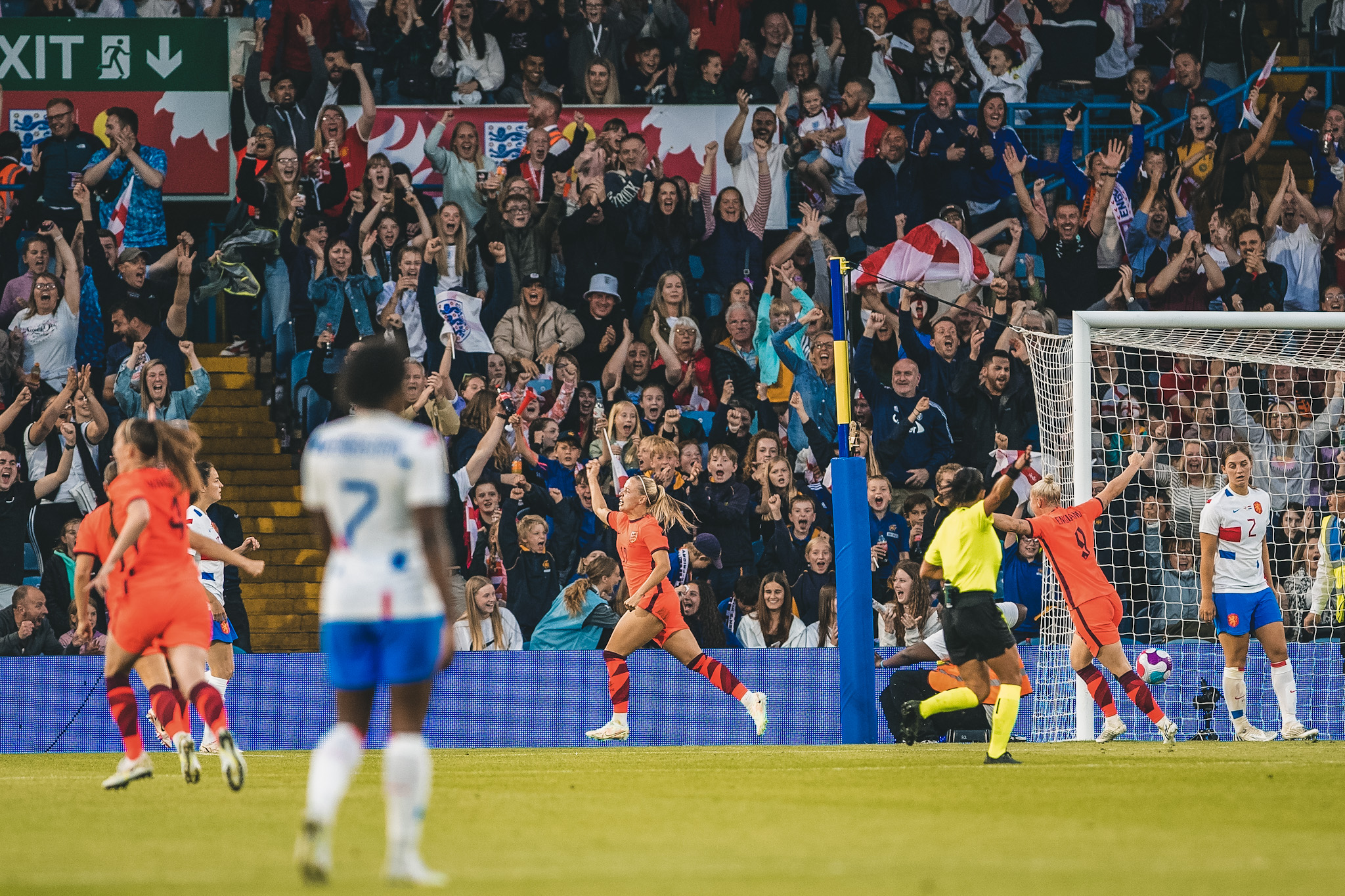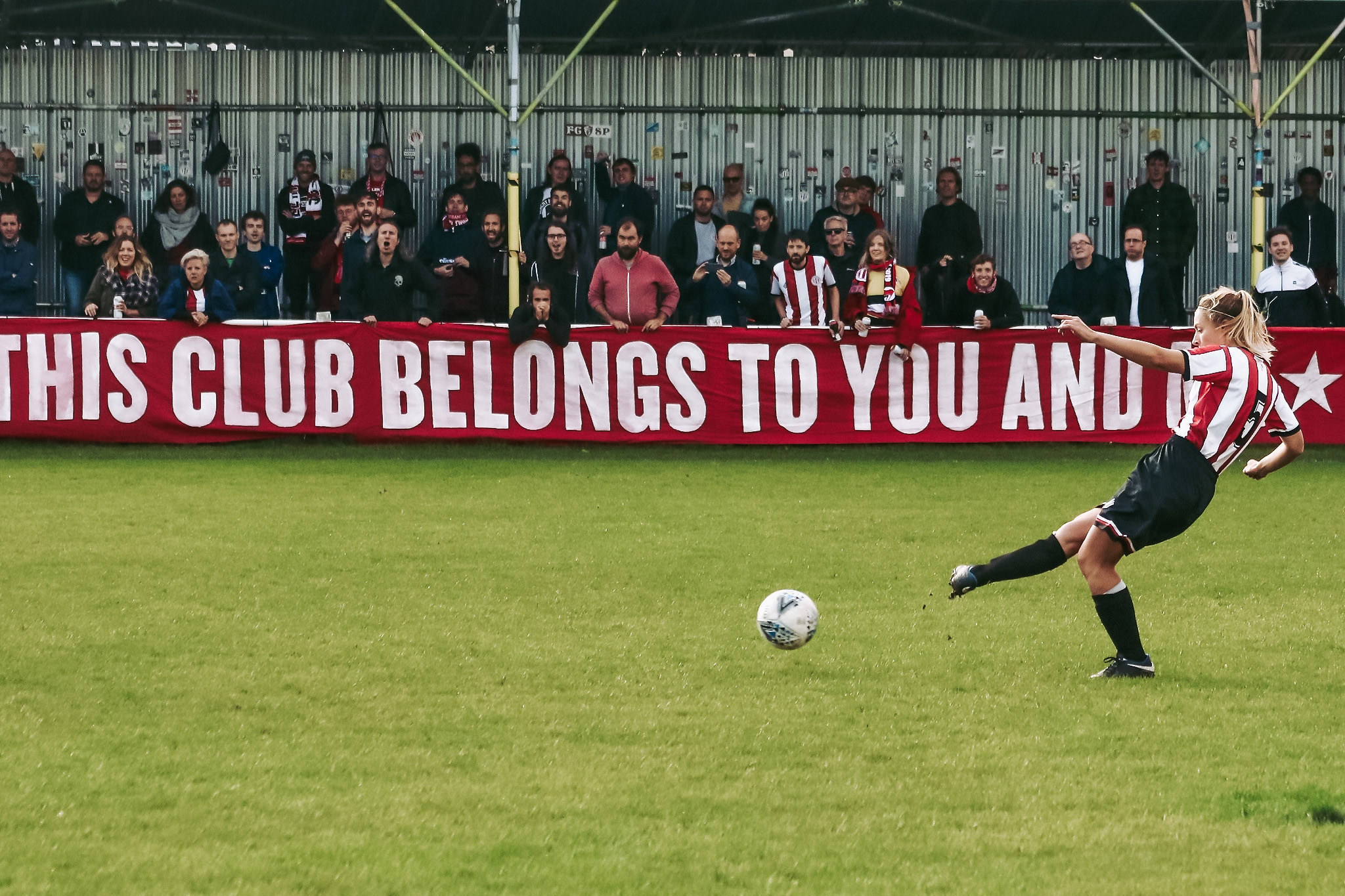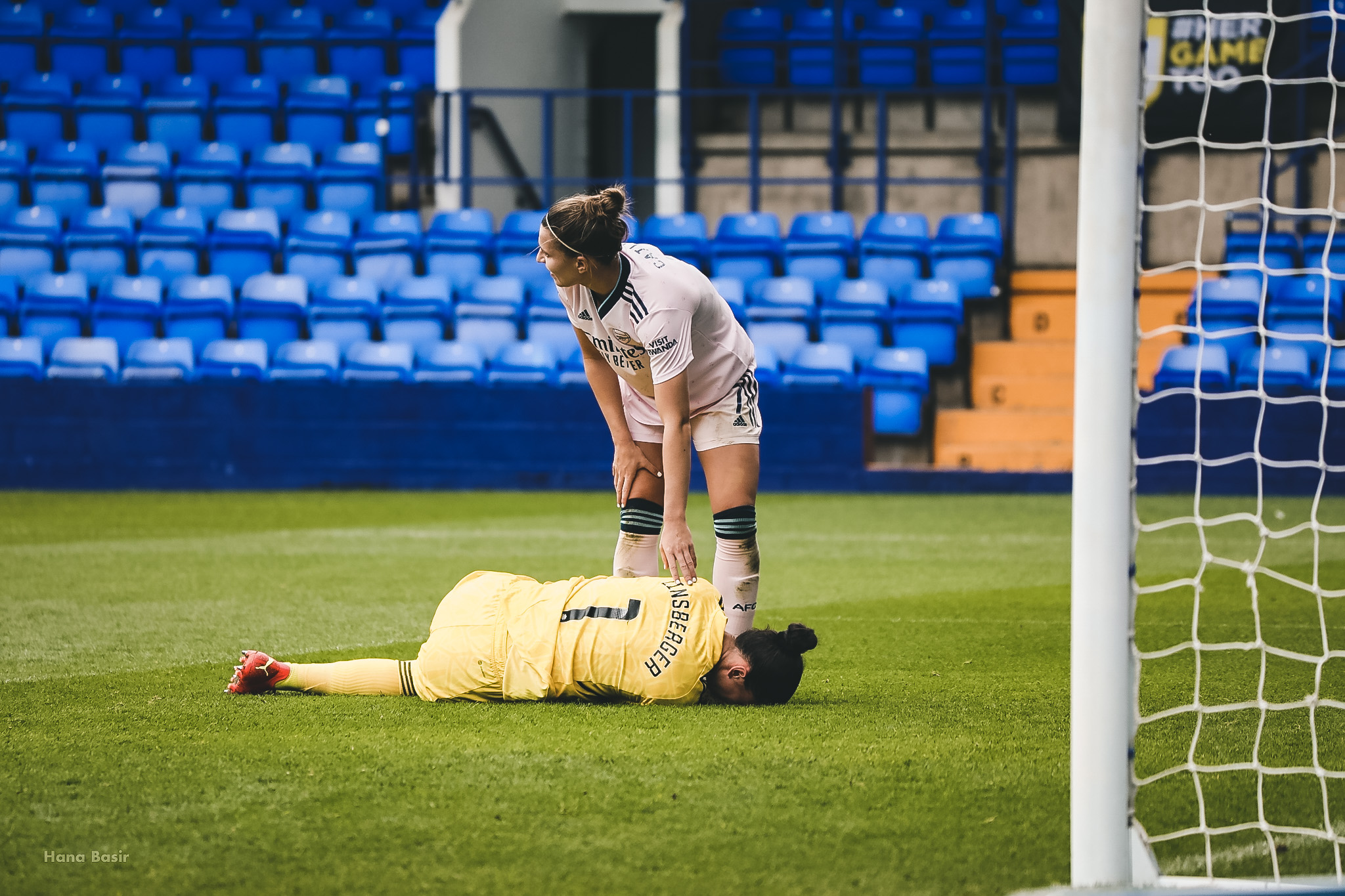Unless you’ve been living under a rock for the last few days you’ll be well aware of the landmark tv deal struck by the Women’s Super League (WSL). From next season WSL games will be shown live across the BBC and Sky in the deal worth £7m-£8m per season, with the remaining matches being shown live on The FA Player.
Just in case you haven’t seen the details of the deal, the BBC will broadcast twenty-two live matches, with a minimum of eighteen shown on BBC One or BBC Two, while Sky Sports will provide coverage of up to forty-four matches. This agreement will run until the summer of 2024.
This is brilliant news and credit to those involved in making it happen. For me, the most pleasing aspect of this deal is that players, coaches and staff should hopefully benefit from this injection of money into the women’s game. Many have been working hard and often giving up their own time for decades in what has sometimes been difficult circumstances.
Most successful teams in the WSL being bankrolled by wealthy men’s teams with Premier League or Champions League pedigree. Hopefully this influx of money should begin to allow all clubs to become more self-sufficient, allow them to compete for the worlds best talent and importantly avoid them being forced to live beyond their means to compete which was the undoing of Yeovil Town.
While there is so much to celebrate about this deal but it is far from perfect. Many match going fans have questioned the decision behind the scheduling slots. The Friday night slot could be great if you live local to the ground hosting the game, however, this and the Saturday morning slot will mean that travelling fans could be heavily inconvenienced. While the FA has given assurances that common sense will be used, we know full well that the power is with the broadcasters and they care not for the plight of fans, instead, revelling in the fact that fans will have to just deal with it or be pushed into watching the match on their platform instead.
Former New Zealand captain and host of The Players podcast, Bex Smith, told The Athletic, “Women’s football is trying to find slots in a market that has already been created and dominated by men’s football. If you don’t create a big enough audience then you’re never going to be able to compete for the bigger times.” I can’t argue too much with that statement so perhaps women’s football has to bide its time and build an audience before it can compete for the prime time slots currently occupied by men’s football.
I also have concerns that with the creation of potentially the strongest and wealthiest league in the world that everyone will want to get a piece of the action. I think we all agree that we want to see the biggest names in world football competing in the WSL but not to the extent that it is at the expense of young British talent. I fear that an influx of players might hinder the development of future Lionesses. While Championship and National League clubs would happily offer these players first-team football on a permanent or loan basis, many clubs at this level will be unable to match WSL wages. Presently less than half of the Championship is professional and the National League is fully amateur.
I struggle to see clubs from the National League breaking into the monopoly that is being created unless they have access to wealthy men’s teams with Premier League money. National League sides receive no prize money if they win their league, making it very hard to build a team that can compete with full or part-time clubs. It is vital that the FA now turn their attention to the base of the pyramid and support its foundation levels, although that is a bigger conversation for another day.
Going back to a more positive note, Kelly Simmons told the Ornstein and Chapman Podcast that the FA and the broadcasters have been looking at the standard of the facilities being used by WSL clubs and making sure that they meet the strict standards required by Sky. This includes things like good flood light coverage across the pitch and back up power should they fail. This improvement in facilities is fantastic as the broadcasters will not tolerate the number of postponements that we have seen over the past two seasons.
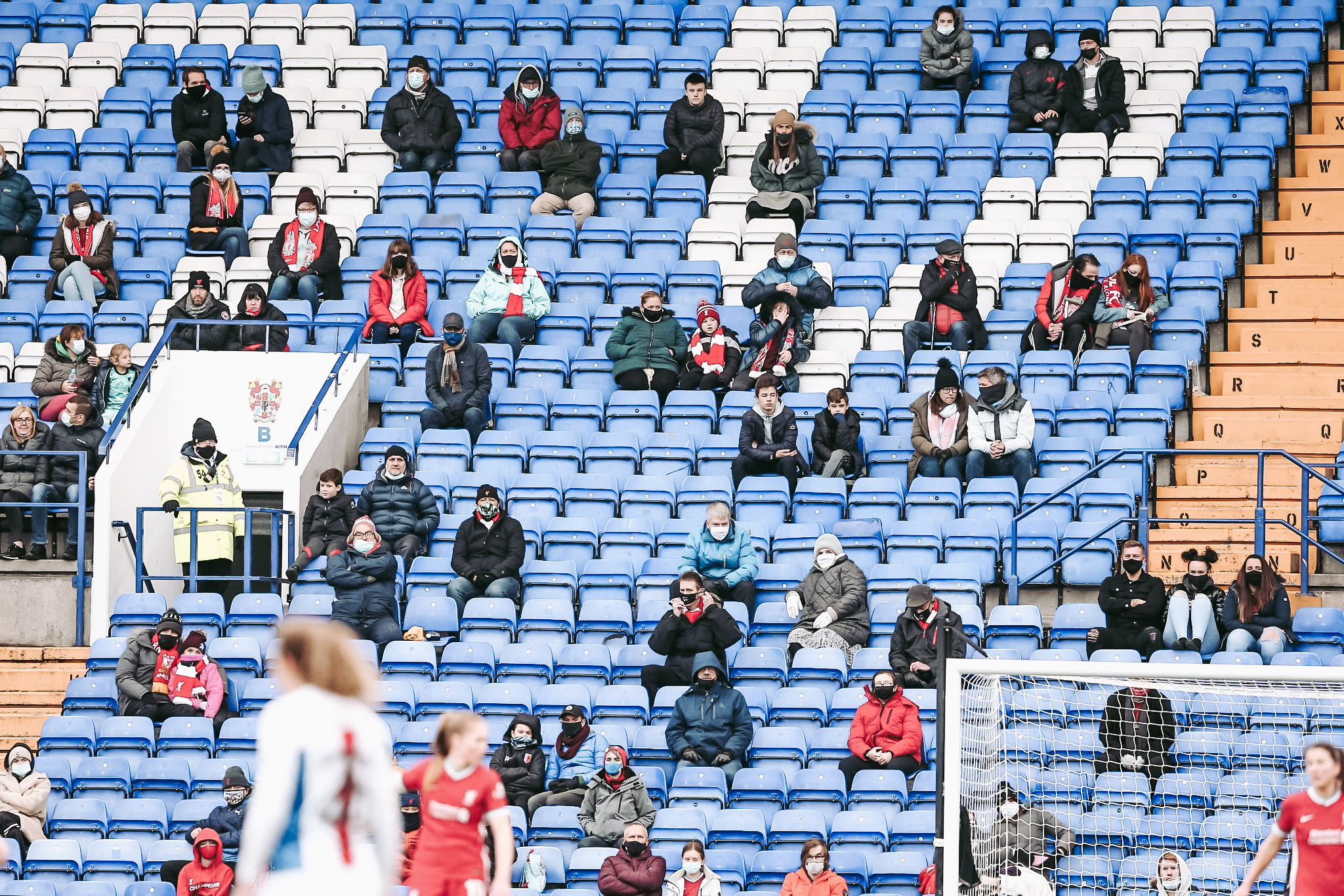
Simmons also hinted that this deal will allow for extra support to be put in place for match officials, although she stopped short of suggesting that they will go professional any time soon. Officials and players will be receiving more attention than ever before and will be heavily scrutinised so anything that they can do to support them is a positive step in the right direction.
One of the reasons women’s football has captured the hearts of so many supporters is the close relationship with the fanbase. I hope that this added pressure on the players and the introduction of fans migrating from the men’s game doesn’t cause the women’s game to lose its core values.
One thing is for sure, women’s football will be a very different beast when my one-year-old daughter is old enough to sit down with me and appreciate it.





